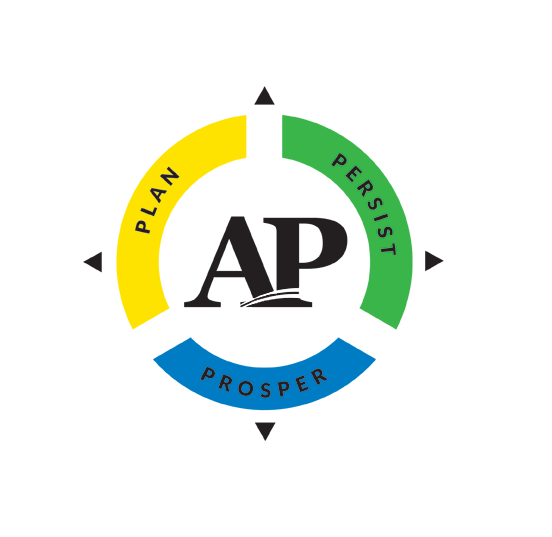A quick Google search for “how long does it take to establish a new habit” will get you a variety of answers. So who’s right? That was my frustration when I began studying habit formation several years ago.
As I learned more about the topic I started using myself as a guinea pig. You, too? Well, after one of my so-called established habits fell apart, I set out to learn why.
Not every habit we want to take on is the same. And it’s easier to replace a bad habit with a healthful one than to try to break the bad one. Knowing this I sought the counsel of a few experts on motivation from Ball State (that’s where I’m earning my master’s degree,) Stanford and the University of Missouri-Columbia.
Most of us know that we need to reward ourselves, but did you know that the reward can be something as simple as “I did it!” said aloud in front of no one? Think about it. When you do something well, and another person acknowledges you for it, how do you feel? What if you became that other person for yourself?
Praising the process is more important than praising the product (Research supports this, but if you want a quick, concise read, check out Growth Mindset by Carol Dweck.) So, every effort you make with your habit deserves a bit of mental high-fiving.”
We don’t need to bribe ourselves with rewards, especially if what we’re really trying to do is build intrinsic motivation for a task (more on this another time.)
But extrinsic carrots can help us along our journey to healthful, more productive habits. For my exercise habit, I use a checkmark on a calendar that I see every day.
No checkmark = no reward (mental high-five) = no sense of accomplishment for that task.
How long does it really take to establish a new habit? It depends, but you might be interested in learning more about the Transtheoretical Model of Change (aka Change Theory; Stages of Change) as a jumping off point.
The oft-quoted 21 or 30-days isn’t necessarily accurate for every healthy habit you’d like to implement. (The bad habits seem to be sticky much more easily, am I right?) In fact, sometimes it can take up to five years!
Bottom line? Be patient with yourself as you try to create healthful, productive habits. Have a little fun with the process, and don’t get too caught up in the product. You’ll get there. Healthy habit formation is a journey.
References:
LaMorte, W. W. (2018). The Transtheoretical Model (Stages of change). Retrieved from http://sphweb.bumc.bu.edu/otlt/MPH-Modules/SB/BehavioralChangeTheories/BehavioralChangeTheories6.html
Dweck, C. (2007) Growth Mindset: The new psychology of success. New York: Ballantine Books.
